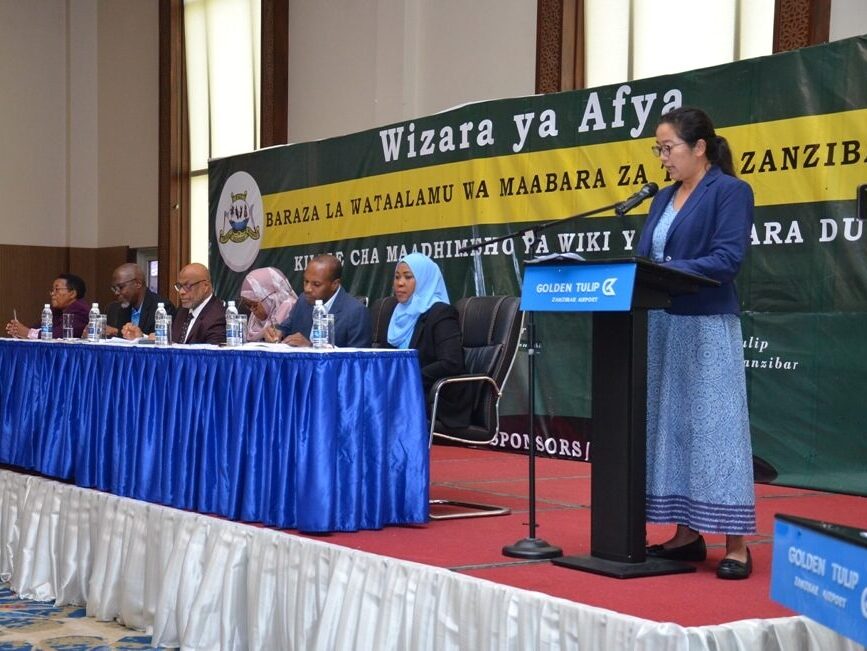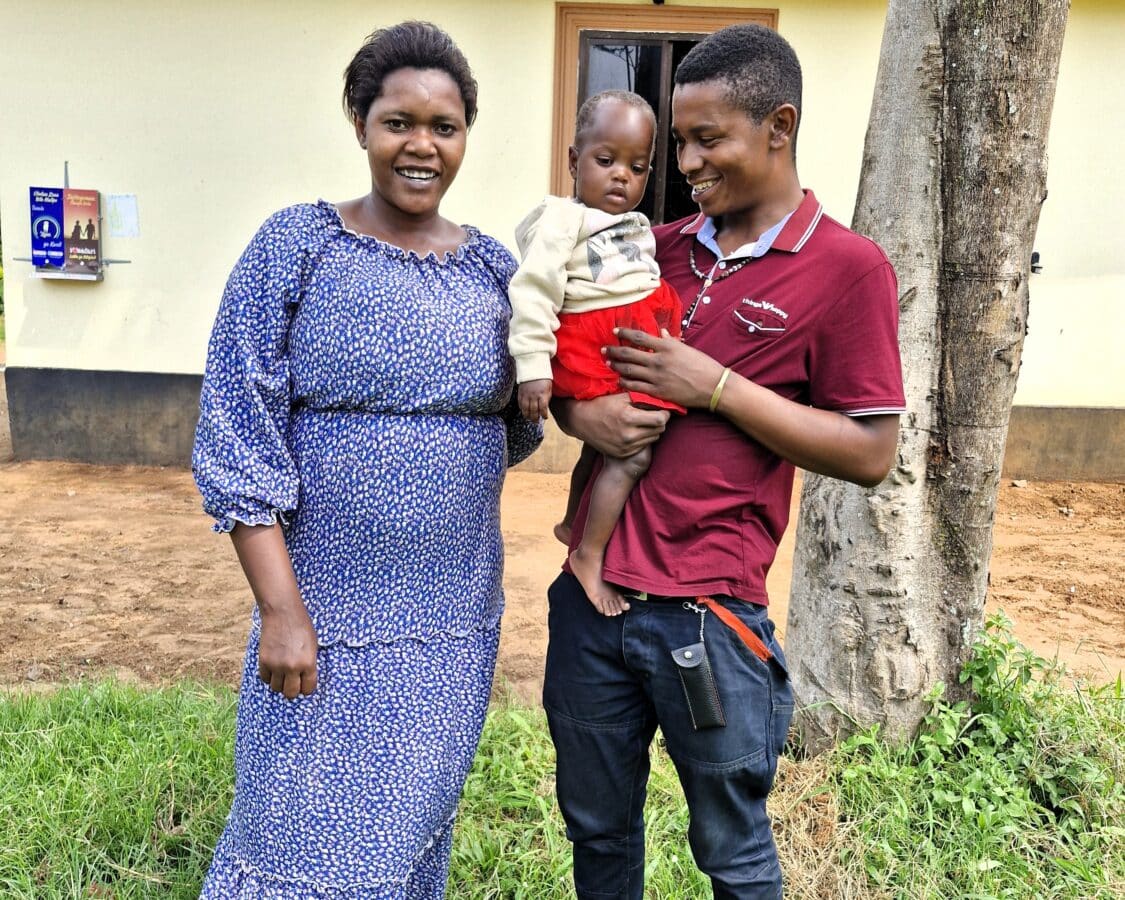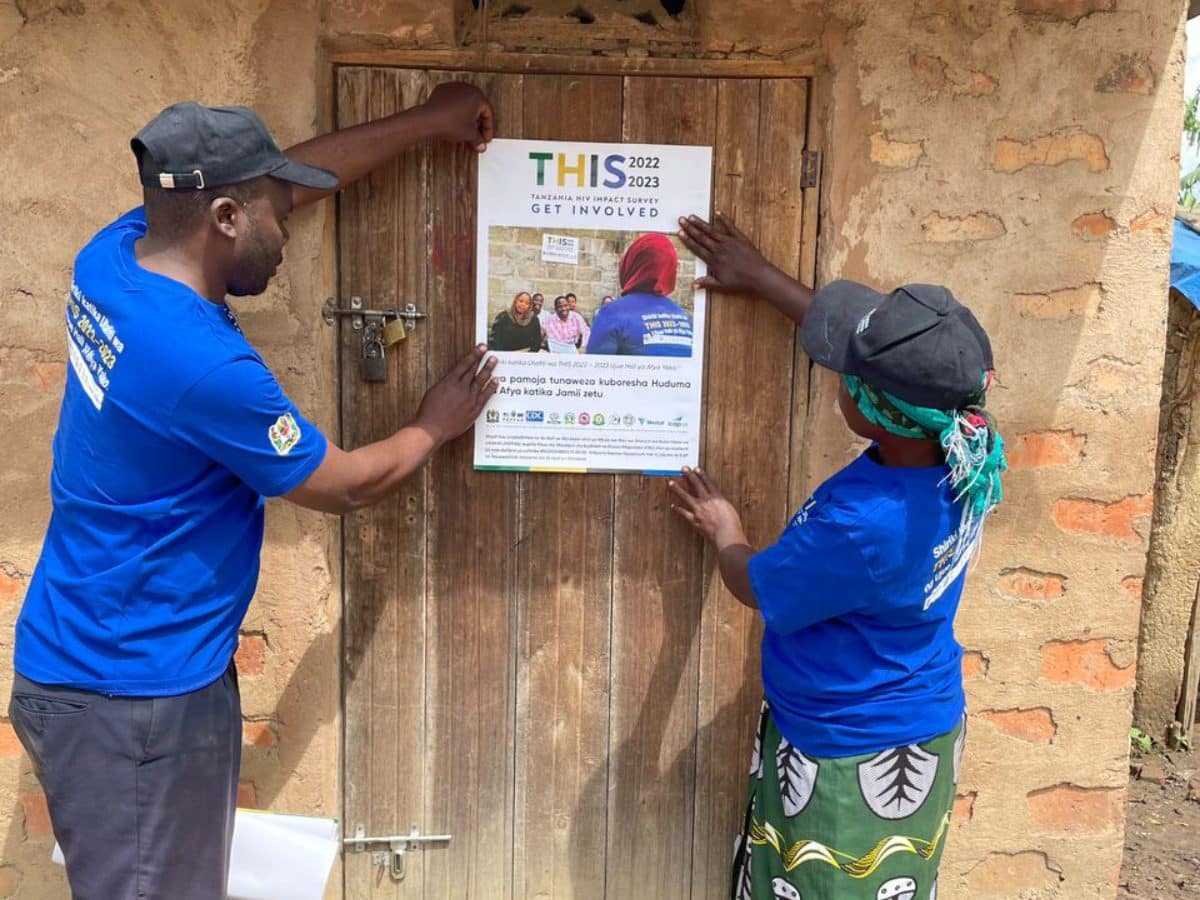Tanzania
Tanzania
Tanzania is a hub of commerce and migration, and the country has made great strides in reducing HIV incidence rates, as evidenced by the Tanzania HIV Impact Survey (THIS) implemented by the Ministry of Health and ICAP in 2017. However, key and hard-to-reach populations are still at increased risk. ICAP partners with the Ministry of Health to improve HIV prevention, care, and treatment for these populations and to explore innovative ways of offering services and linking individuals to care. ICAP also supports the Ministry in addressing the global health security agenda for emerging threats such as COVID-19 and Ebola Virus Disease on disease surveillance and laboratory system strengthening for the Integrated Diseases Surveillance Response (IDSR) system.
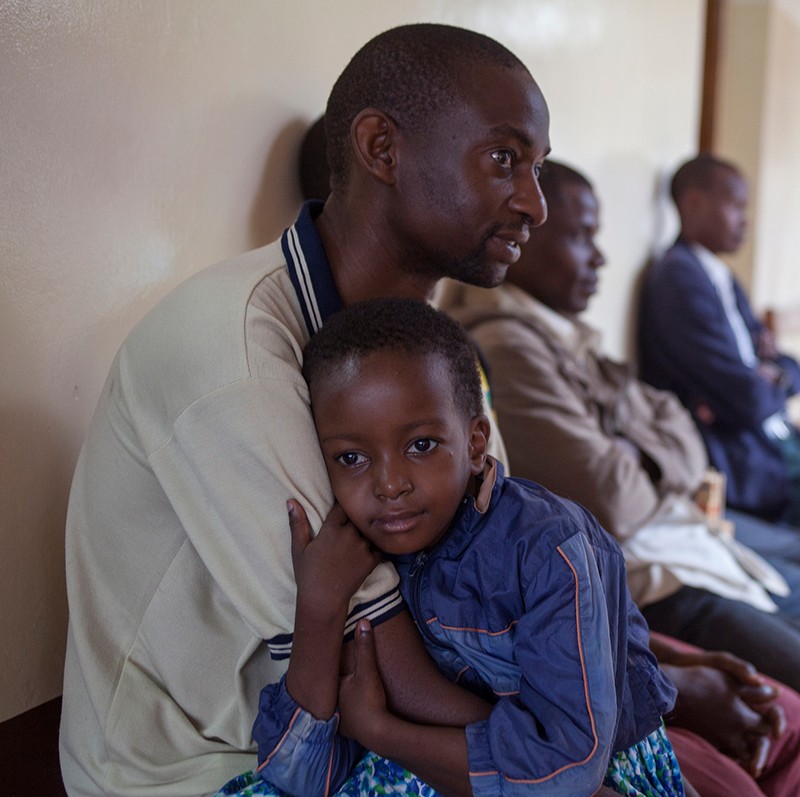
Projects

Population-based HIV Impact Assessment (PHIA)
- Multi-Country,
- current:
- Cameroon ,
- Cote d’ Ivoire ,
- Democratic Republic of the Congo ,
- Eswatini ,
- Lesotho ,
- Malawi ,
- Tanzania ,
- Uganda
Programmatic Support Award (PSA)
- Multi-Country,
- current:
- Brazil ,
- Cameroon ,
- Colombia ,
- Democratic Republic of the Congo ,
- El Salvador ,
- Guatemala ,
- Honduras ,
- Kazakhstan ,
- Malawi ,
- Myanmar ,
- Panama ,
- Peru ,
- Philippines ,
- South Sudan ,
- Tanzania ,
- Uganda ,
- Zambia ,
- Zimbabwe
Resolve to Save Lives
- Multi-Country,
- current
Sustain and Accelerate a Comprehensive HIV Response in the United Republic of Tanzania (FIKIA +)
- current
Technical Assistance to Global Fund COVID-19 Response Mechanism (C19RM)
- current
The CQUIN Project for Differentiated Service Delivery
- Multi-Country,
- current
ICAP in Tanzania
Program Start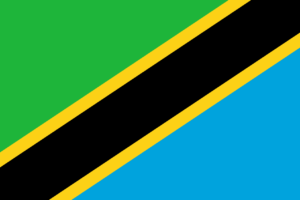
- 2004
Key Technical Areas
- Global Health Security
- Human Resources for Health
- Infection Prevention and Control
- Laboratory Strengthening
- One Health
- Quality Improvement
- Research
- Strengthening Health Systems
- Surveys
- Technical Assistance
- COVID-19
- HIV
- Tuberculosis
- VMMC
Current Funders
- PEPFAR / Centers for Disease Control and Prevention (CDC)
- CDC – Center for Global Health
- CDC International Infection Control Program
- CDC Foundation
- The Bill & Melinda Gates Foundation
ICAP in Tanzania
 Haruka Maruyama, MPH
Haruka Maruyama, MPH
Haruka Maruyama is a global public health professional with extensive experience managing large-scale public health programs and research in HIV/AIDS, with technical expertise in HIV prevention and care, community-based HIV services, youth, key populations, and population-based surveys.
Prior to this role, Ms. Maruyama was the project director for the Lesotho Population-Based HIV Impact Assessment, where she successfully led the planning and completion of data collection of this high-profile national survey, collaborating with the Ministry of Health, CDC, and other partners. Between 2013 and 2019, she served ICAP in Tanzania as a research advisor, senior technical advisor, and director of prevention services. During her previous tenure in Tanzania, she successfully guided a number of projects from design to implementation, including the Bukoba Combination Prevention Evaluation research project as well as the FIKIA Project, a five-year CDC PEPFAR-funded grant spearheading innovative community-based HIV service delivery for key and vulnerable populations. Prior to joining ICAP, she worked for the University of Texas Health Science Centre based in Tanzania, managing a project delivering HIV outreach services including harm reduction services to key populations.
Ms. Maruyama holds a Master’s in Public Health (MPH) from the University of Texas Health Science Center at Houston and a Bachelor’s degree in African Studies from Rice University. She is currently pursuing a Doctorate in Public Health (DrPH) in implementation science at the Johns Hopkins Bloomberg School of Public Health.
Jobs in Tanzania
See the ICAP careers page to search all job listings.



